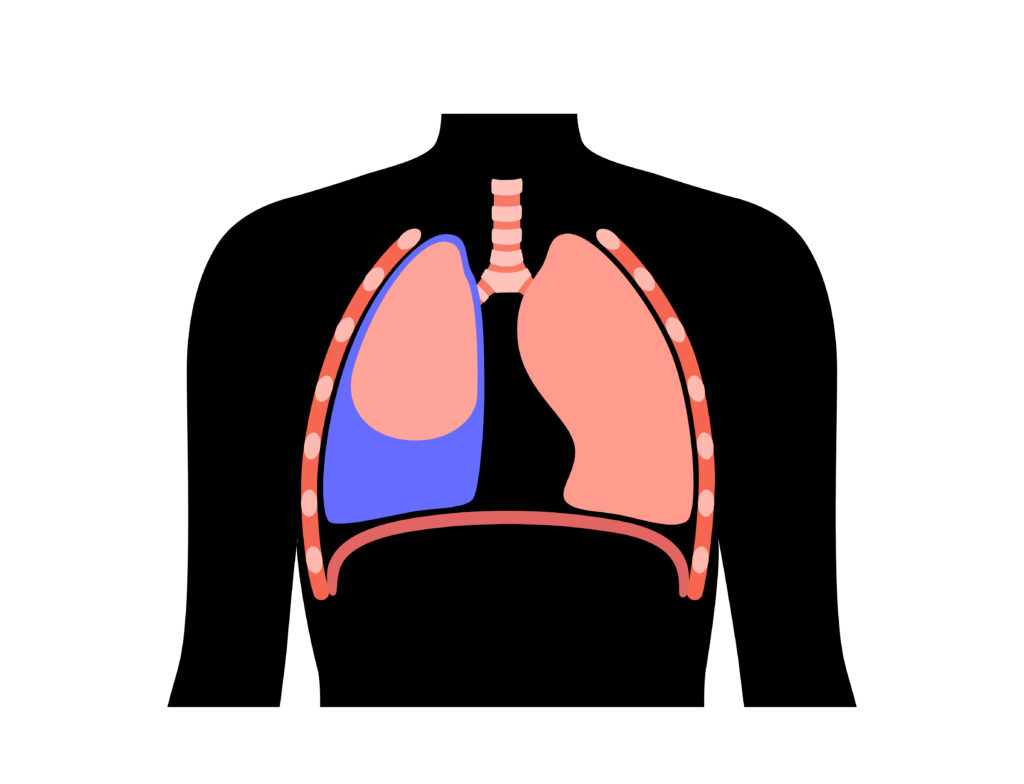What is Pleural Effusion?
Pleural effusion happens when extra fluid collects between the layers around your lungs. These layers are called the pleura. Normally, a small amount of fluid helps your lungs move smoothly as you breathe. However, sometimes too much fluid builds up. This is known as pleural effusion or pleural fluid buildup. Because of this, you may hear it called “fluid in the lungs,” but the fluid is actually outside the lungs, not inside them. According to the World Health Organization (WHO), pleural effusion can make breathing hard and may signal a health problem. If you notice signs of pleural effusion, it is important to seek medical help.
Causes of Pleural Effusion
Many health issues can cause pleural effusion. Sometimes, the body makes too much fluid. Other times, the body cannot drain fluid well. Below are common causes:
In some cases, doctors may not find a clear cause. Still, they will work to find out why the fluid is there. The Centers for Disease Control and Prevention (CDC) notes that early treatment can help prevent problems.
Symptoms of Pleural Effusion
Not everyone with pleural effusion has symptoms. Yet, many people notice changes as the fluid builds up. Watch for these signs of pleural effusion:
Sometimes, symptoms appear slowly. Other times, they come on quickly. For example, if you have a lung infection, you may feel sick fast. But if the cause is heart failure, symptoms may build up over days or weeks. According to medical journals, the amount of fluid and the cause both affect how you feel.
In summary, pleural effusion is a buildup of fluid around the lungs. It can have many causes and symptoms. If you notice any signs of pleural effusion, do not wait. Consult a pulmonologist for personalized advice about pleural effusion.
